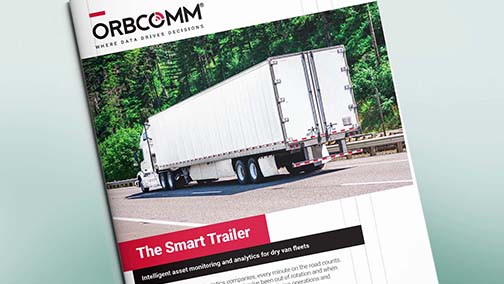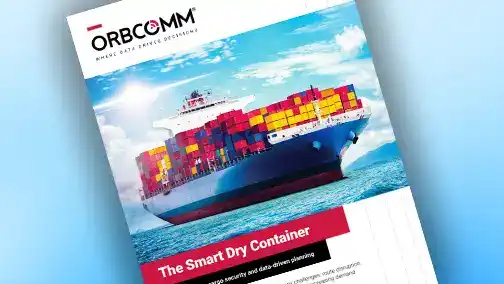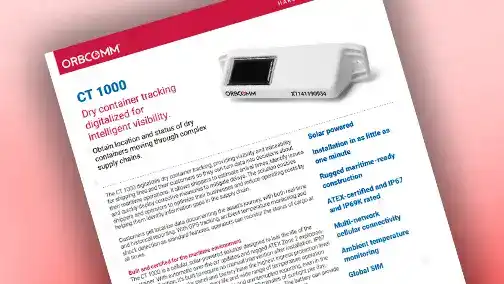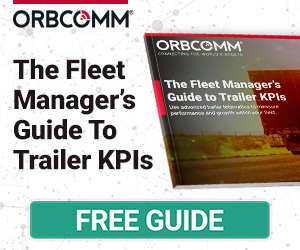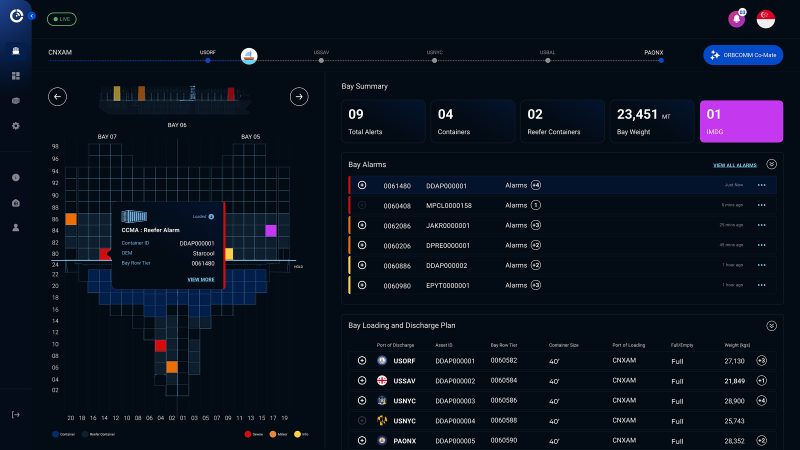
3 Reasons Every Fleet Manager Needs to Set Trailer KPIs
- Blog
- IoT Trends
- 3 Reasons Every Fleet Manager Needs to Set Trailer KPIs
- Aug 06, 2021
- Cody Lirette

Key performance indicators–KPIs–aren’t new to the trucking industry. For years, fleet managers have been monitoring metrics to squeeze every last drop of productivity and efficiency out of their operations. However, these efforts have mostly focused on truck data–not the valuable information held within the trailers in tow. Trailer telematics has come a long way over the past few years, providing fleet owners with far more than basic location data. In this article, we’ll discuss what fleet managers can expect to accomplish by setting trailer KPIs driven by fleet telematics.
Increase Asset Utilization
With trailer order delays, driver shortages and component shortages, it’s proving difficult for fleet owner to expand their business. One way to side-step this supply-side slowdown is by improving the efficiency of assets currently in deployment. Using trailer telematics to improve asset utilization begins with trailer tracking. According to the American Trucking Association, only 24% of trailers in the US had trailer tracking capabilities, leaving most fleet owners in the dark.
Not only does this lead to idle trailers eating away at profit margins, but it can also result in underfilled trailers that limit productivity and waste drivers’ hours. Plus, this can confuse procurement, as what appears to be a need for new trailers could, in fact, be poor asset utilization in disguise.
Improve Route Efficiency

The average American long-haul trucker travels over 100,000 miles in a year, showcasing the distance that fleets cover as they transport cargo. Tracking trailer KPIs such as percentage of loaded miles versus empty (deadhead) miles can go a long way in boosting profit margins, considering the amount of time truckers are on the road., considering the amount of time truckers are on the road.
To achieve this, fleet managers can use trailer telematics to provide operational intelligence to route planning and real-time visibility to dispatch. Knowing the location of each asset along with its current load capacity can help plan future trips and ensure the right driver–one with available hours and trailer space–is heading to the right job. Strategic route planning leveraging trailer telematics limits deadhead miles while improving detention billing accuracy for excessive detention time, which can help mitigate losses.
Reduce Cargo Theft and Claims
Tracking trailer KPIs can help fleet managers mitigate cargo theft, which just last year reached a 5-year record high in volume and value for the American trucking industry. The ability to track trailer locations in real time using telematics can provide fleet owners with assurance that their assets are where they should be. Plus, investing in door sensors can ensure each trailer is being accessed only when and where it is authorized to be.
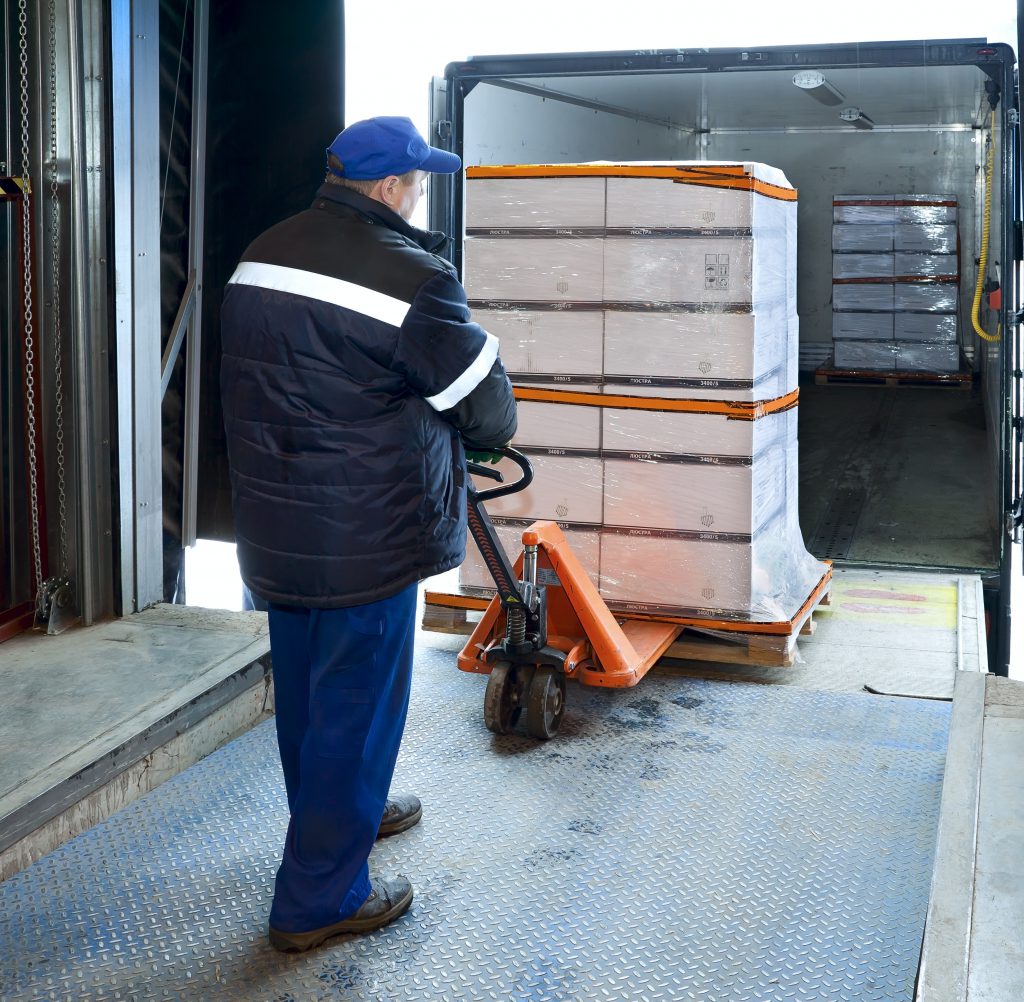
Another area where trailer KPIs can help protect cargo is by reducing cargo claims, which hurt customer relations while costing fleets for shipments that are time sensitive or vulnerable to spoilage. Trailer telematics can play a role in protecting cargo by triggering time stamps where and when cargo is damaged to inform future route planning. In addition, the increased utilization of cargo camera sensors has ushered in a new level of load visibility for fleet managers. Not only can they inform dispatch of available volume within any given trailer (perfect for improving asset utilization) but they can also be used to manually take photos at any given time or when certain events–the trailer door opening or the beginning or ending of a driver’s trip–are triggered.
Leveraging Telematics for Trailer KPIs
Real-time visibility, improved operational efficiency, improved customer relations–these are just a few benefits that fleet managers can expect from setting trailer KPIs built off of data from the latest trailer telematics devices.
We recently created The Fleet Manager’s Guide to Trailer KPIs that dives deep into the value of data-driven trailer KPIs and which metrics fleet managers should prioritize. To learn more about how ORBCOMM smart technology can help you track and meet your trailer KPIs, request a demo or contact us at info@orbcomm.com.

Cody Lirette is Senior Content Marketing Manager at ORBCOMM. With over a decade of marketing and communications experience for both the public and private sector, he uses his passion for innovative technology and plain language to build compelling content that inspires action.







